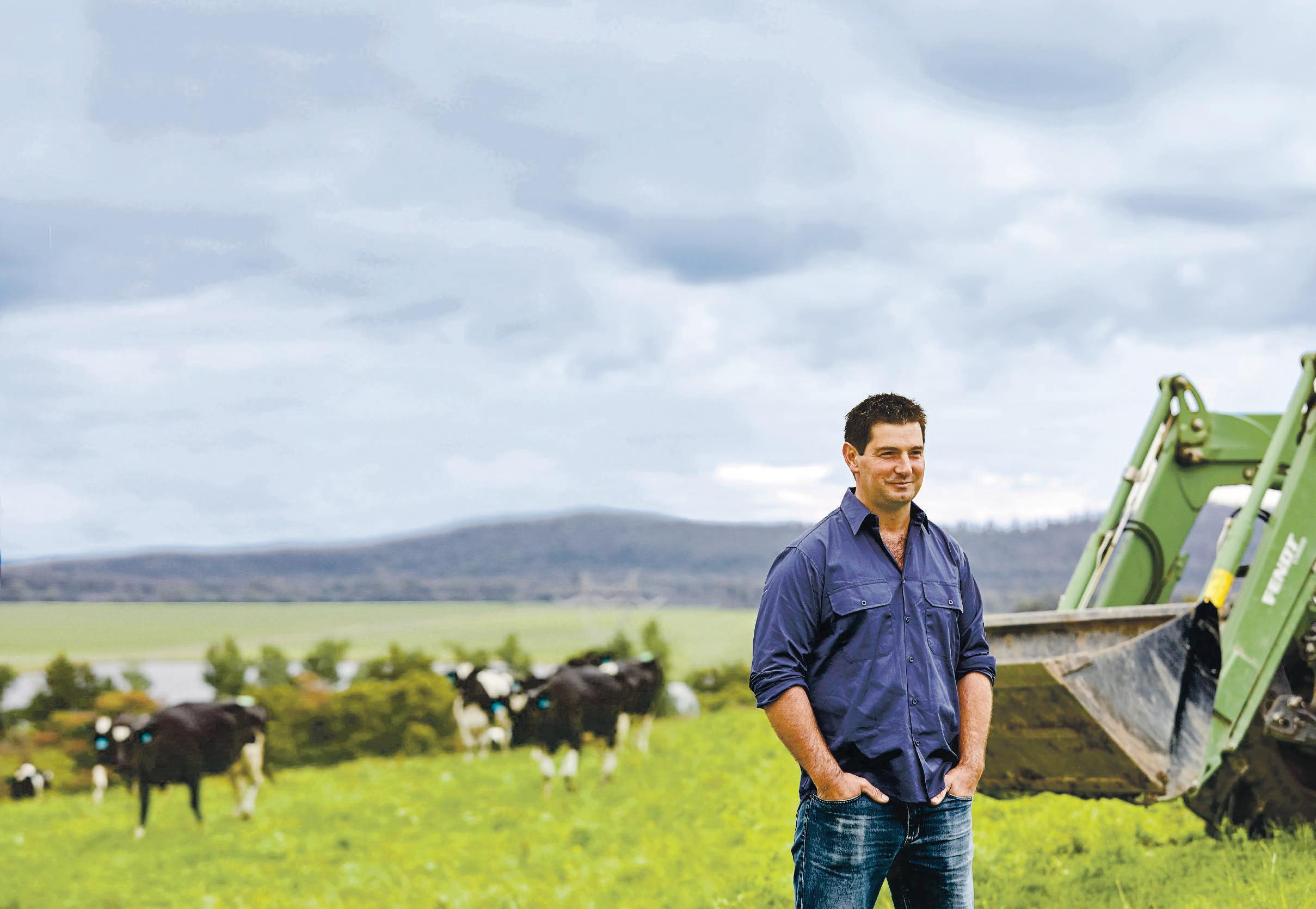WEST VIC REGION









MELISSA AND Will McDonald have followed a clear pathway to farm ownership — and they hope others will follow in their footsteps.
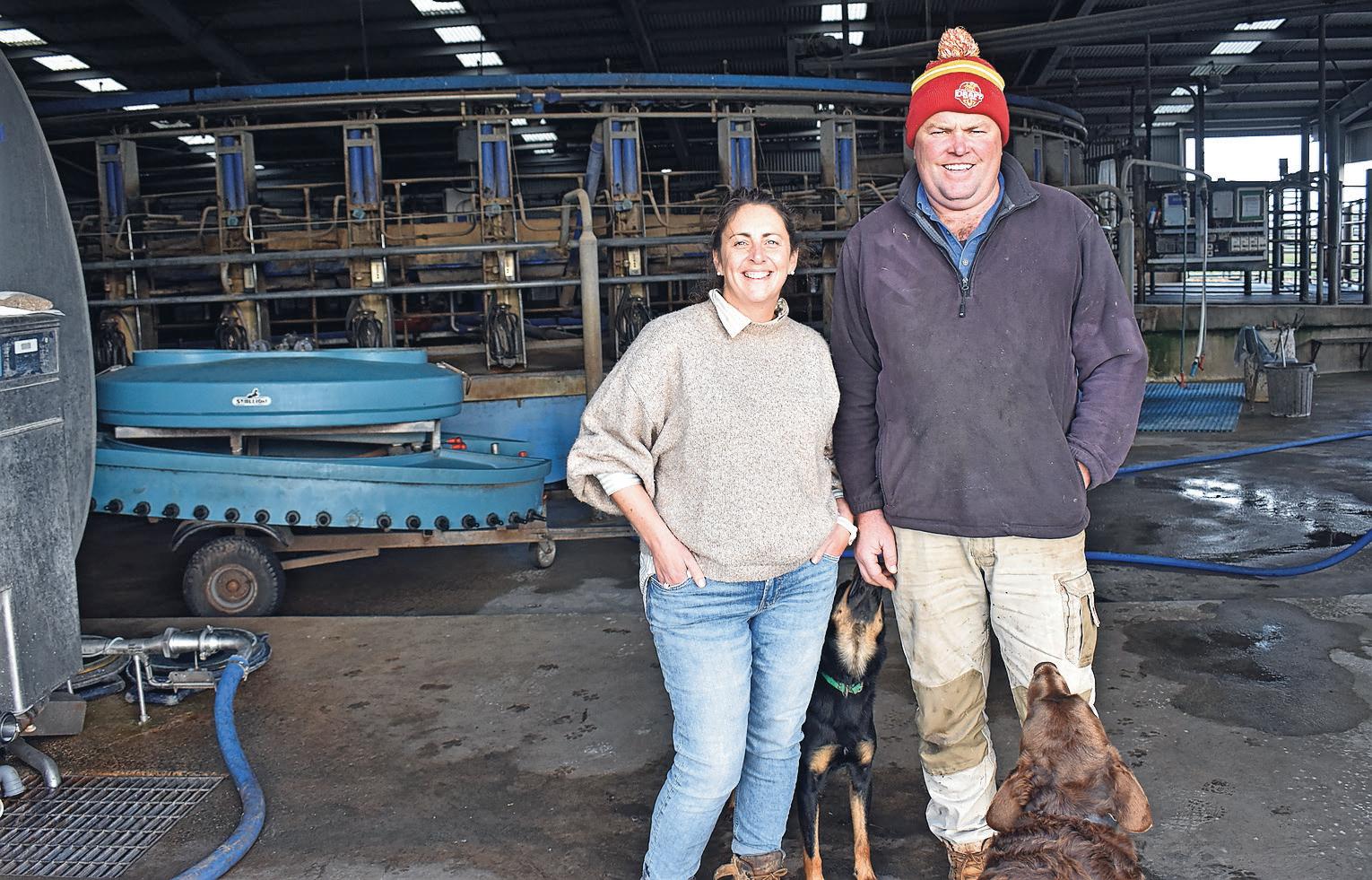
Last year they purchased Melissa’s family’s farm at Bessiebelle, Boldrewood Dairies — named after Rolf Boldrewood who wrote Robbery Under Arms — which has been in the family for four generations.
They started on wages, Will was then appointed manager and they progressed through sharefarming agreements before achieving their ultimate goal of buying the farm.

Will was from a sheep farming background and worked in bricklaying and landscape gardening before turning to dairy.
He is now a WestVic Dairy board member and keen to help others, particularly young people, to find a path into the industry.
“I like to encourage young people to get in and WestVic and DA have some good resources out there to help,” Will said.
“Out of all the ag sectors, dairy still has the greatest potential to get started from nothing.
“There’s still a clear pathway of worker, manager, sharefarmer, owner. You don’t tend to see that in beef or sheep. If you want to work hard, you can create some serious wealth.
“I don’t know another industry where you can build yourself up so much in a fairly short amount of time,” Melissa said.
Melissa’s parents John and Naomi were big contributors to the dairy industry and other community groups, and Melissa and Will are following in their footsteps, also adding school council, football-netball club and community bank committee duties to their busy household of three children — Harry, 15, Georgina, 13 and Patrick, 10.
The eldest of four children, Melissa never expected to come home to the farm but is pleased the opportunity arose, which she also mixes with being a trainer and assessor at RIST and Hamilton College and running a cake making and decoration business, The Sweet Baker.
“We moved home with Will on wages about 15 years ago. We were able to buy an adjoining farm with the help of my parents as guarantor
and then started on a 30 per cent share agreement. It was a big eye opener for us, having to take on staff.”
Ten years ago, they formed a 50-50 partnership with Melissa’s parents, building a new rotary dairy, buying a new outblock and forming Boldrewood Dairies.
“We worked through succession over many years with the support of good advisors, and we were able to buy mum and dad out last year and take over the farm,” she said.
When Melissa was a child, her grandfather ran the farm with about 40 cows. When John took over, he milked about 80 cows on a five-aside double-up dairy and later built a 20-a-side swingover herringbone.
Today, Will and Melissa and their staff milk
about 500 to 550 cows through a 10-year-old 50-stand rotary with automatic cup removers and ID.
Will thanks the dairy and its feeding system for much of the farm’s recent success, with the predominantly Holstein herd averaging about 8500 litres per cow and just under 600 kg/Ms.
“When we were in the herringbone it was about 6000 litres and about 500-520 kg/Ms,” Will said.
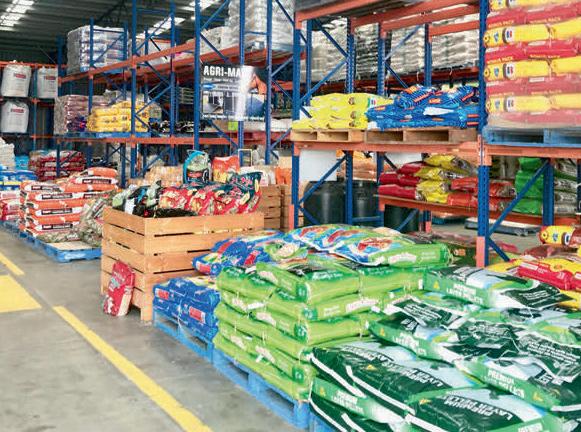

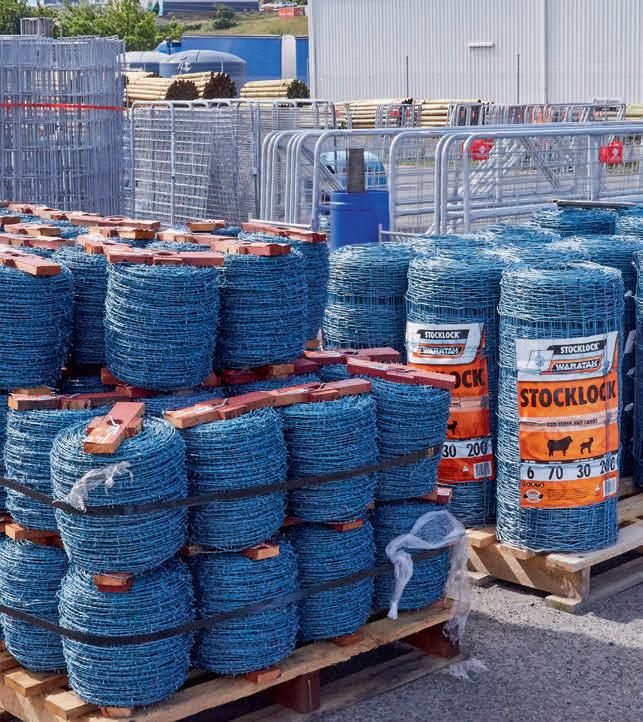
“When we went into the rotary, it gave us the ability to feed groups of cows instead of every cow getting the same.”
They started by feeding individually but eventually “dumbed it down” to groups.

“Being able to individually feed cows was the turning point, along with not having them on
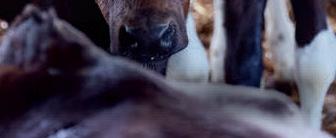
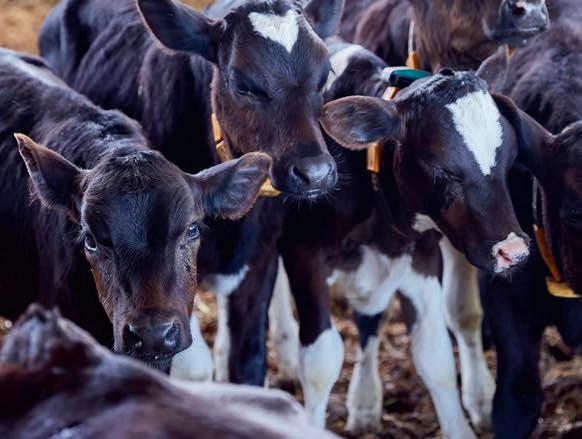
concrete so long. We saw production increase 1000-1500 litres per cow within 12 months of the changeover,” Will said.
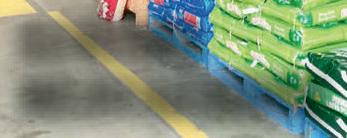
“Since then, it has been a gradual steady build.”
There used to be a strong Jersey component and there are still a few in the herd, but Will prefers Holsteins.
“I always joke that if I’m going broke, I’d need big cows to get me out of trouble — the bigger the cow the more money they’ll make if you have to sell them.”
They bought about 60 cows not long after joining the business and since then it has been a closed herd.
Cobram Cohuna Colac Corryong Dumbalk Eskdale Finley Foster Heywood Kiewa Koroit

VISIT OUR WEBSITE agwarehouse.com.au




WE ARE in the depths of winter as I write this report. On those days when I’m trying to dislodge my rubbers boots from yet another bog with the “where there’s mud there’s money” old mantra circling my grumpy brain, I hazard a guess that saying was not coined by a dairy farmer from the south-west!
And then some faint winter sunshine appears, the blossom on my Manchurian pear trees lining the drive miraculously open and early signs of spring lift the spirits.
With an El Niño outlook now officially at the alert level, farmers’ well-honed skills at monitoring and adjusting to current circumstances will continue to be vital to a successful season.
In the longer term we will all need to understand, measure and improve our on-farm practice as agricultural industries transition to operating in a zero-carbon environment.
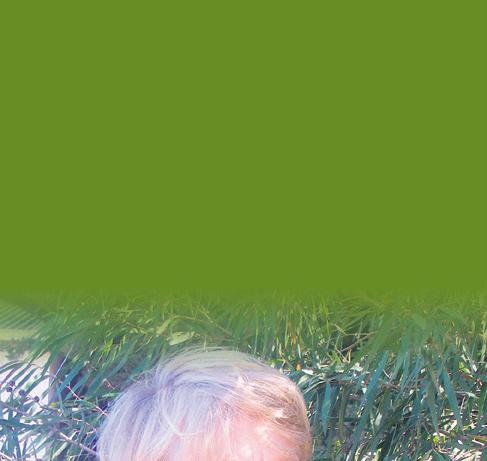
Have you checked out the carbon calculator on the Dairy Australia website? Or listened to the Dairy Australia DairyPod
The value in knowing your farm’s carbon emissions? Both good places to start if you haven’t already.
And watch out for more Dairy Australia and WestVic activities and events in the climate adaption space as they are rolled out over coming months.
It's been Farm Safety Week as I am writing — always a timely reminder of this important aspect of everything we do.
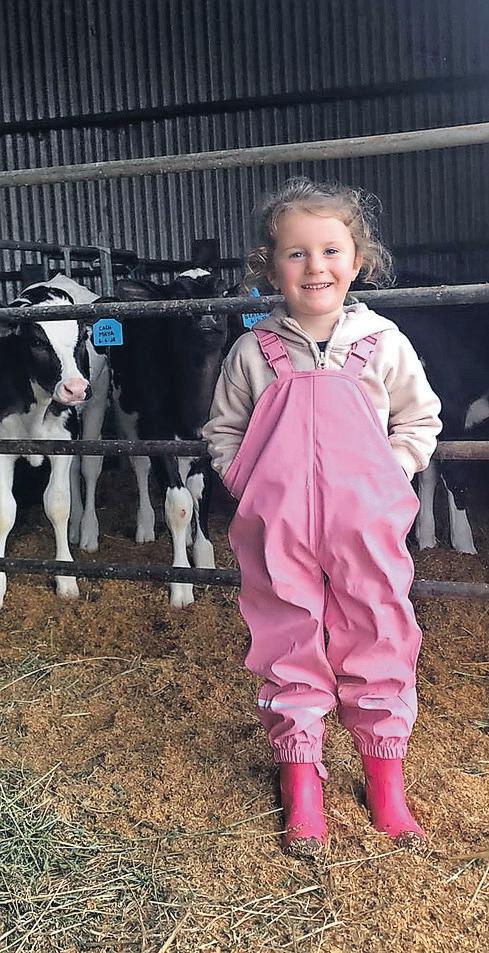
The statistics for workplace injuries and deaths on-farm do not make pretty reading, but behind every one of those statistics is a person, a family and a business grappling with the ‘what ifs’.

It’s time to make it a priority — and it is squarely at the top of my to-do list. WestVic will be running sessions to help, and you can always call and request support from the team on 5557 1000.
We are seeking nominations for the WestVic Dairy Board, and I would encourage anyone interested in using their knowledge and developing their leadership skills to consider applying.
The board is skills-based and endeavours to ensure diversity in all its many facets.
Contact any of the current board members if you would like more information about the work the board does. An application pack is available by calling the office on 5557 1000 or visit the website. Applications close on August 25.
I’m looking forward to attending the annual South West Dairy Ladies Lunch at Deakin University, where the guest speaker is Myf Warhurst — my favourite Spicks and Specks musical wizard.
Thanks to the brilliant team that puts this special event together each year, and of course the sponsors who ultimately enable the gathering.
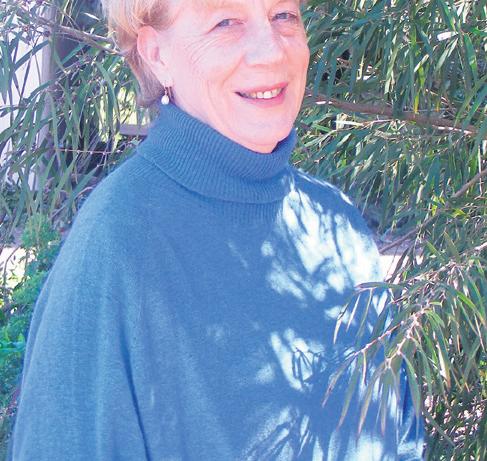 Jacqui Suares WestVic Dairy chair
Jacqui Suares WestVic Dairy chair
Continued from page 1
“We just self-replace,” Melissa said.
“We don’t just get rid of cows, there has to be a good reason for it and we use careful genetics and selecting processes. What we select depends on the year and what we’re looking for.”
Animal welfare is always important and Will and Melissa want to add more polled genetics.
“There’s not enough to do too much at the moment but I imagine that will expand …that sort of genetics is a slow burn,” Melissa said.
They try not to sell bobby calves to trucks, instead selling to local farmers or growing them out themselves if there’s spare grass that won’t impact on the milking herd.
“We want to make sure our cows are in a happy place as well as healthy,” Melissa said.
The farm is also self-sufficient when it comes to feeding and hasn’t bought fodder for 10 years.
Over the past five or six years, they have gone full circle from about 90 per cent annual Italians to about 95 per cent perennials.
“We were growing a lot of grass from June to October with annuals and they flowered earlier in the spring so you had to manage it harder and we had a green drought — the whole farm looked green but you couldn’t graze it,” Will said.
They employ two full-time staff and two backpackers usually filling milking shifts.
Very little has changed since Melissa and Will took over the farm late last year, but they are keen to expand if opportunities arise.
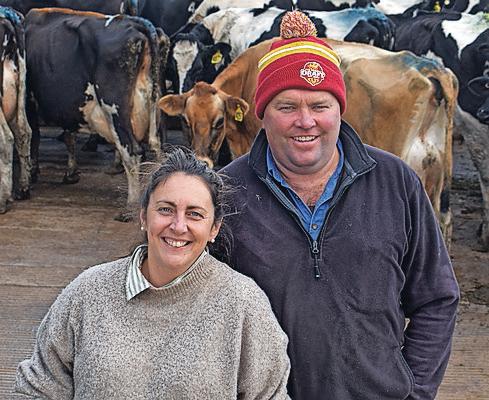
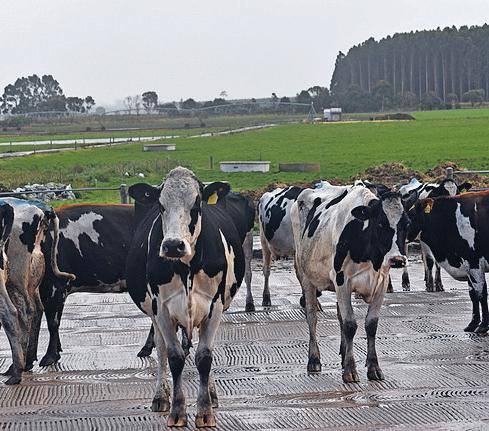
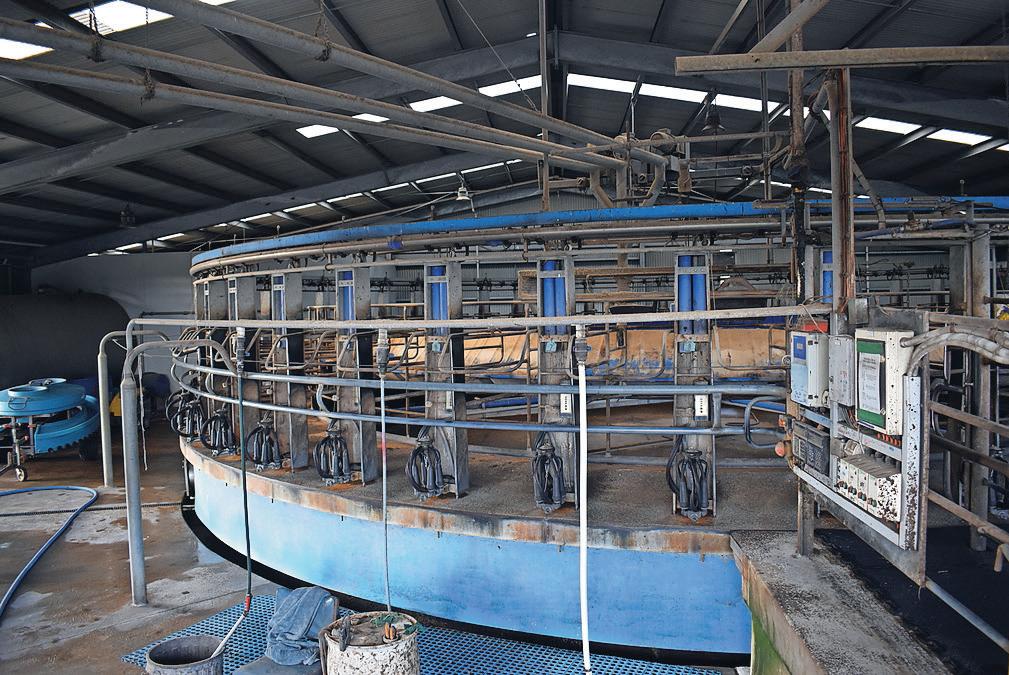
Western Victorian dairy farmers and stakeholders have an opportunity to contribute to the direction of industry research, development and extension with WestVic Dairy calling for nominations to its eight-member board of directors.
There is both a farmer position and a specialist (non-farmer) position available. These positions will be filled at the AGM in Camperdown on Tuesday, October 17.
Current chair and farmer director Jacqui Suares said WestVic Dairy worked in partnership with Dairy Australia to deliver industry services to the region’s dairy farmers.
“The WestVic Dairy Board has the capacity to determine regional priorities, to develop strategic and operating plans to address these priorities, and the infrastructure and personnel to deliver against national and regional objectives,” she said.
WestVic Dairy’s regional manager Lindsay Ferguson wants to see strong interest from farmer levy payers in considering the role and applying for the positions.
“We would like to hear from people who are passionate about the dairy industry and are keen to use their skills and knowledge to help advance the industry in our region,” he said.
“Our board sets the strategic plan and direction of the work we do at WestVic — it is an important role and a unique opportunity to help deliver positive outcomes for the region’s farmers.”
Applications close on Thursday, August
“If the next-door neighbour wants to sell, the bank manager is expecting our call,” Melissa said.
“Dairy seems to be dwindling in the number of people willing to do it, but supply and demand means that if you are still in it, you’re going to be all right because the companies are still pushing for milk.
“There’s no specific plan, it’s more if something comes up, we will jump on it.”
They are on a fresh milk contract.
“It wasn’t something we had considered until Fonterra came to us,” Melissa said.
“You need to follow tight parameters to be clean, green and healthy and we realised we were already hitting those benchmarks so it made sense.
“It means we get an extra audit, but I love audits, because it means if there is a problem it will be pointed out and we can address it.”
WiSA - Proudly Australian owned & manufactured for 28 years
24. For more information or an application pack, call WestVic Dairy on 5557 1000 or visit: www.westvicdairy.com.au
A new research program is seeking to find out how and why south-west Victorian farmers are making changes to their farming practices to improve their soil health.
Deakin University PhD candidate Jaime Hogan is recruiting farmers to take part in focus groups to contribute to the research, which is supported by the DemoDAIRY Foundation.
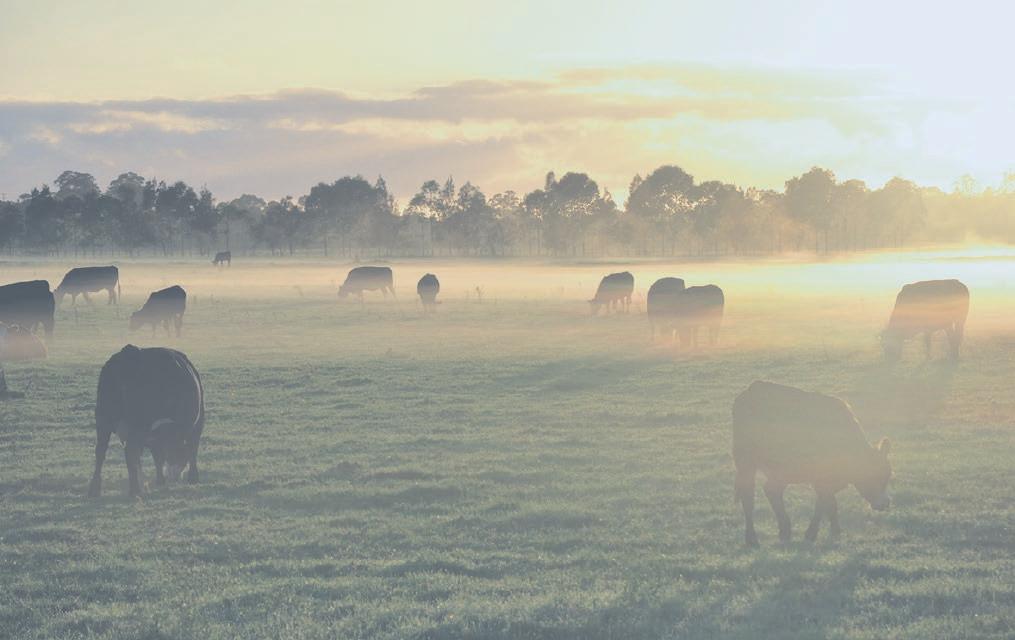
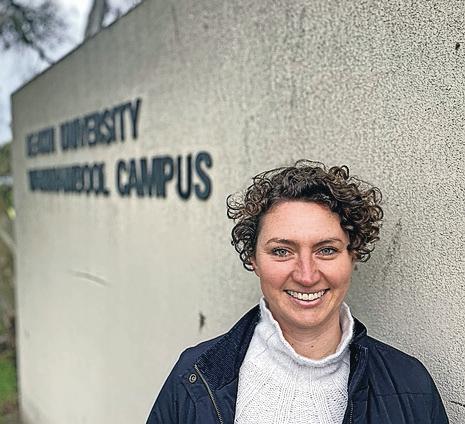
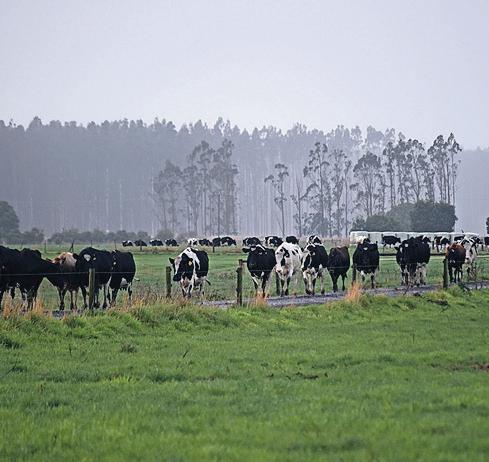
She is seeking farmers who are applying, or are interested in applying, practice change to improve their soil health over time. The focus groups will be a one-off activity.
If you would like more information or are interested in being part of the research study, email Ms Hogan at jaime.hogan@deakin.edu.au or call 0408 030 579.
• WiSA’s automated irrigation system can deliver water when required and on time
• WiSA’s wireless solution means you have total control from your mobile phone or computer
• WiSA improves water use efficiency and can reduce labour costs
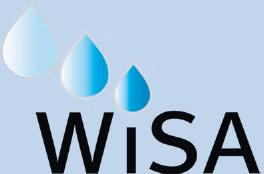
• WiSA’s automated irrigation system can improve the sustainability of your dairy farm, vineyard, orchards, and fields
Contact us:
Phone: 1300 887 380
Email: sales@irrigatewisa.com.au
Web: www.irrigatewisa.com.au
Will and Melissa McDonald are both big contributors to the community, serving on several local committees. The herd finds its way home in the rain. The rotary dairy built about 10 years ago revolutionised the farm’s operation. The McDonalds’ mostly Holstein cows are big producers.AS SOMEONE who doesn’t like to be in the spotlight, John Dalton appreciates the irony of his inclusion on the South West Victorian Dairy Industry Honour Board.
John was chair of WestVic Dairy when the Great South West Dairy Awards and the honour board were introduced.
Little did he realise that one day his name would be added to the board.
Now retired from dairy farming, John is typical of many farmers when it comes to modesty, and that’s why he wanted to introduce the award more than a decade ago.
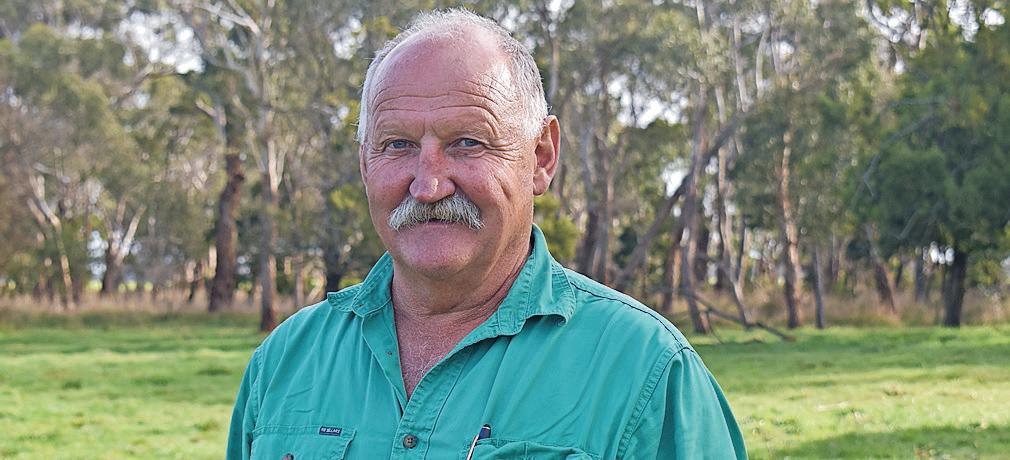
“Farmers aren’t good at celebrating their personal and business successes,” he said.
“That was the driver for the awards and I thought we needed to celebrate the people who had really contributed to the industry.
“Farmers in general don’t like the spotlight, and I’m a perfect example. For me, it’s not
running it. I saw it as a business opportunity and it worked out okay.”
The first thing that struck John was the supportive nature of dairy farming.
“I couldn’t believe how helpful people in the industry were. There were three or four in par-
a Fonterra farmer representative group and the Bonlac Supply Company board, with three years as chair, before it became the Fonterra Australian Suppliers Council.
John retains his passion for education. He believes the industry has made significant
Last September John and Kathy leased their home farm at Naringal and now live at the their former outpaddock at Kirkstall, which is now home to Angus beef.
“Kathy wanted to keep the farm in the family but I’m definitely retired as a dairy farmer,” John said. Instead, the 64-year-old has switched to Angus beef.
“I’ve farmed for more than 30 years with black and white cattle and was okay with my dairy husbandry but quickly came to realise I knew very little about black cattle. It’s a new adventure. We want to travel so I didn’t want to have cows in calf so went to beef.”
While not missing the dairy work, John admits he misses the people. And he remains upbeat about the future of the dairy industry.
“There’s definitely a future for dairy in Australia, but will it look like what it does now, I don’t know. I think it will keep evolving.
“When I started at WestVic Dairy, Australia was producing up to 12 billion litres but it’s
